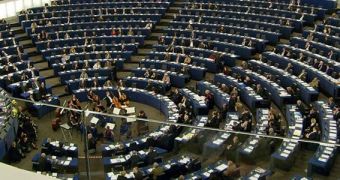European Union ministers decided during an European Parliament meeting on Wednesday, March 12, to reduce the use of dangerous greenhouse gases called hydrofluorocarbon (HFC) by up to 79 percent until 2030. These chemicals are now used in air-conditioning devices and refrigerators, but this practice will be phased out between 2022 and 2025.
Fluorinated gases are extremely harmful for the environment. The decision to reduce their use was difficult to make, since it went against the wishes of a large number of big businesses and corporations. However, following the success of the 1986 UN Montreal protocol, which banned the use of ozone-depleting chlorofluorocarbons (CFC), cutting down on HFC made more sense than ever.
“This EU breakthrough sets the pace for a global phase-out of these ‘super greenhouse’ gases, which would otherwise account for 20% greenhouse gas emissions by 2030. F-gas emissions have risen by 60% since 1990 in the EU,” says lead MEP Bas Eickhout, from the Netherlands.
According to climate scientists, fluorinated gases (F-gases) are up to 23,000 times more potent in promoting climate change and global warming than more “famous” chemicals, such as carbon dioxide. The EU hopes that banning F-gases in refrigerators and air conditioners will also spur innovation among companies in this field.

 14 DAY TRIAL //
14 DAY TRIAL //